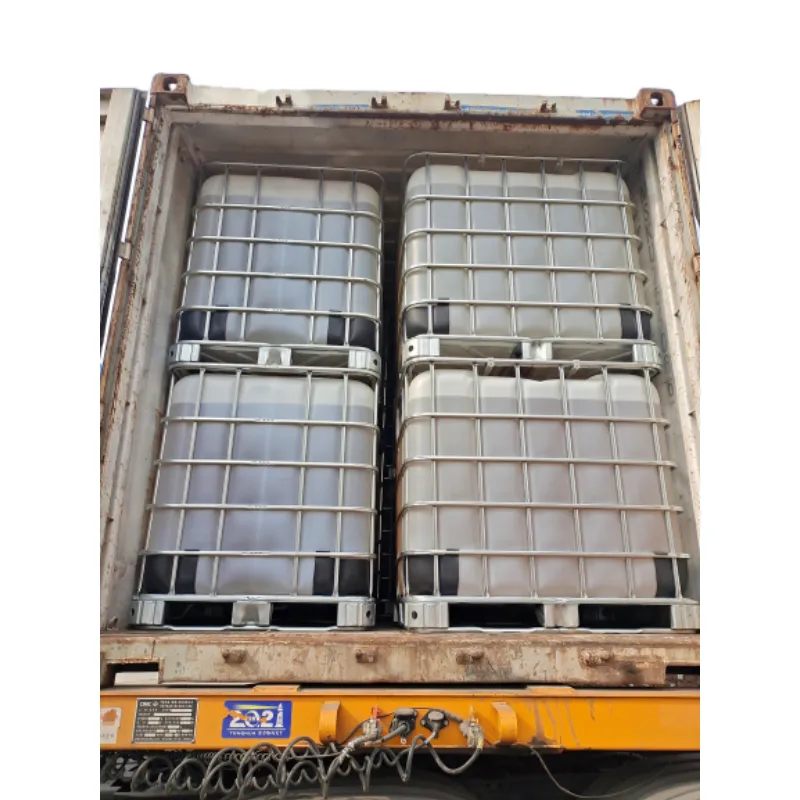
potassium phosphate fertilizer
The Importance of Potassium Phosphate Fertilizer in Agriculture
Potassium phosphate fertilizer plays a crucial role in modern agriculture, supporting plant health and enhancing crop yields. Composed of potassium and phosphate, this fertilizer combines two essential macronutrients that are vital for plant growth. Understanding its benefits and applications can help farmers optimize their use of this valuable resource.
Composition and Benefits
Potassium (K) is one of the three primary macronutrients that plants need, alongside nitrogen (N) and phosphorus (P). It is pivotal in several physiological processes, including photosynthesis, enzyme activation, and water regulation. Phosphate (P), on the other hand, is vital for energy transfer within plants, as it is a component of ATP (adenosine triphosphate), which is essential for energy storage and transfer.
The combination of potassium and phosphate in potassium phosphate fertilizer benefits plants in multiple ways. For starters, it enhances root development, promoting better nutrient and water absorption. This is particularly important in the early stages of plant growth when establishing a strong root system can dictate the overall health and vitality of the plant. Additionally, potassium plays a key role in the regulation of stomatal opening, which helps plants manage water loss and withstand drought conditions.
Application in Different Crops
Potassium phosphate fertilizer is versatile and can be applied to a variety of crops, including fruits, vegetables, grains, and ornamental plants. In fruit cultivation, for example, the application of this fertilizer can lead to improved fruit size and quality, enhancing the marketability of the produce. For vegetable crops, potassium phosphate can accelerate growth rates, resulting in earlier harvests and better yields.
potassium phosphate fertilizer

In grain production, potassium and phosphorus are critical for enhancing disease resistance and improving overall plant vigor
. This not only benefits farmers by potentially increasing their yields but also contributes to global food security by ensuring a stable supply of essential crops.Precision Agriculture and Sustainable Practices
As agriculture moves toward more sustainable practices, the role of potassium phosphate fertilizer becomes increasingly important. Precision agriculture techniques allow farmers to apply fertilizers more strategically based on soil tests and crop needs. By utilizing potassium phosphate fertilizers efficiently, farmers can minimize waste and reduce the risk of nutrient runoff into water bodies, which can lead to environmental issues such as eutrophication.
Moreover, the integration of potassium phosphate into organic farming practices is gaining attention. While typically considered a synthetic fertilizer, there are organic forms available that can help maintain soil health and improve crop productivity without compromising the ecological balance.
Conclusion
In conclusion, potassium phosphate fertilizer is an essential tool for modern agricultural practices. Its unique combination of potassium and phosphorus supports various physiological processes in plants, leading to improved growth, better yields, and enhanced resistance to stress. As the global population continues to rise, the efficient use of fertilizers like potassium phosphate will play a significant role in meeting food demand while promoting sustainable agricultural practices. By understanding the benefits and applying potassium phosphate appropriately, farmers can enhance their productivity and contribute to a more sustainable food system.
-
nitrile-rubber-honoring-strict-production-standardsNewsAug.22,2025
-
aspartame-ingredients-honoring-food-safety-valuesNewsAug.22,2025
-
fertilizer-for-balanced-plant-nutritionNewsAug.22,2025
-
cyanide-gold-processing-with-high-purity-additivesNewsAug.22,2025
-
formic-acid-in-textile-dyeing-applicationsNewsAug.22,2025
-
aluminum-hydroxide-gel-in-skincare-productsNewsAug.22,2025
-
Regulatory Compliance for Global Mining Chemicals UseNewsAug.12,2025
Hebei Tenger Chemical Technology Co., Ltd. focuses on the chemical industry and is committed to the export service of chemical raw materials.
-

view more DiethanolisopropanolamineIn the ever-growing field of chemical solutions, diethanolisopropanolamine (DEIPA) stands out as a versatile and important compound. Due to its unique chemical structure and properties, DEIPA is of interest to various industries including construction, personal care, and agriculture. -

view more TriisopropanolamineTriisopropanolamine (TIPA) alkanol amine substance, is a kind of alcohol amine compound with amino and alcohol hydroxyl, and because of its molecules contains both amino and hydroxyl. -

view more Tetramethyl Thiuram DisulfideTetramethyl thiuram disulfide, also known as TMTD, is a white to light-yellow powder with a distinct sulfur-like odor. It is soluble in organic solvents such as benzene, acetone, and ethyl acetate, making it highly versatile for use in different formulations. TMTD is known for its excellent vulcanization acceleration properties, which makes it a key ingredient in the production of rubber products. Additionally, it acts as an effective fungicide and bactericide, making it valuable in agricultural applications. Its high purity and stability ensure consistent performance, making it a preferred choice for manufacturers across various industries.





